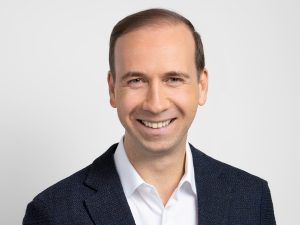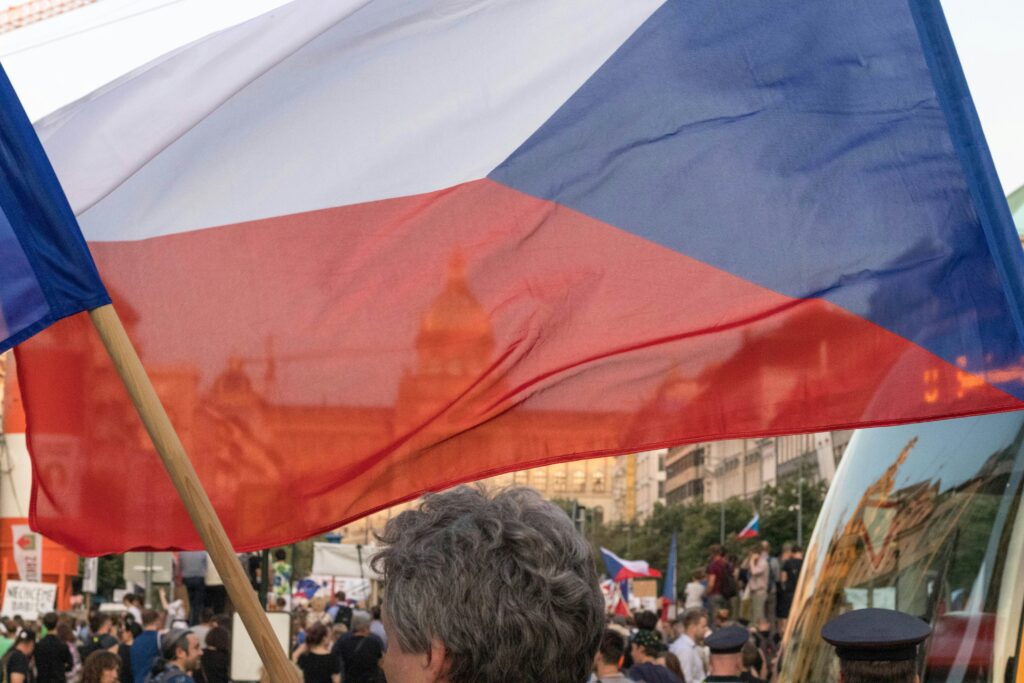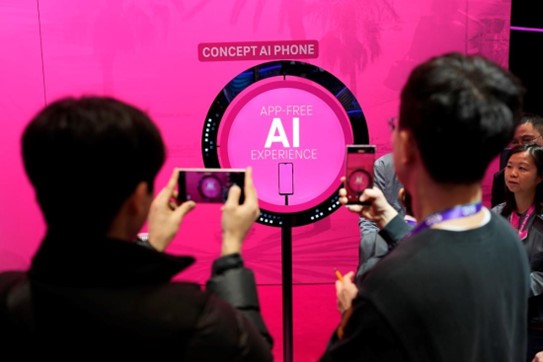Continuing our series of founder Q&As, hear from Tilo Bonow of PIABO PR, one of our Brands2Life Global Network partners in Germany.
What led you to set up your own agency?
From a young age, I was fascinated by innovative minds that tried to make the world a better place through inventions. That fascination didn’t change, it only grew stronger. In the early 2000s, many new companies were founded thanks to the possibilities of the internet, and social media channels like Twitter or Facebook started as well. I quickly realised that the traditional way that public relations agencies had worked in the past wouldn’t fit the culture and demands of these new, innovative companies that reached out to the world and tried to stir the discourse. Founders are more agile, faster, sometimes even more demanding and need a different communications approach. In order to meet their demands and to help them gain the visibility I truly believe they deserved, I founded PIABO PR in 2006. Back then, a public relations agency with a clear focus on digitalisation and technology, start-ups and innovative founders were completely new. I’m happy that this fact has changed in the last two decades and to see that in 2022, communication on tech and start-ups is in the midst of all discourses and media.
What inspires you day by day?
I am inspired by so many things that it is hard to think of something specific. What inspires me most are people with a clear vision of what they want in life and also in respect to the future. I am inspired by people who have a brilliant idea and the will to bring this idea to life with all they have. Those people really motivate me to keep pushing myself too.
What are the common misconceptions around doing comms in your market?
People from the tech world and the start-up sector tend to think that journalists will like whatever you present to them just because the product is innovative. But that is not how public relations work. The best or most innovative product is nothing without a good storyline that follows what the product is all about. Without a vision and a purpose, founders will never have professional storytelling and the media outreach they long for.
What’s the biggest change you’ve seen in PR since you founded your company?
When I founded PIABO 15 years ago in 2006, there were barely any social media channels in existence. Twitter had just been founded, Facebook wasn’t a huge deal back then, Instagram was not yet born etc. Nowadays, the use of social media in communications is absolutely necessary for companies and individuals to get their message across to a broad audience. Another thing that has changed drastically is the use of technology in PR. Back in 2006, we depended on phone calls, personal meetings and sending out emails. As I always say, “PR is a people’s business”, and nowadays it is much more personal. In recent years, the increased use of artificial intelligence programs makes it much easier to find contacts, translate bylines, interviews and press releases etc. And, yet again, social media has become increasingly important for journalists’ contacts, too.
What would you say is your biggest learning from adapting to working during a global pandemic?
First and foremost, my biggest learning from working during a global pandemic is that flexibility and the ability to adapt to unexpected situations is key to success. We all have different ways of living that need to be taken into account for your work schedule. Especially when you have children at home, flexibility in working hours and workplace is absolutely essential for a good work-life balance.
Secondly, the pandemic has taught us that, after all, human interaction is what really binds us all together. When we were not able to meet in person, we realised how much we actually need those interactions in our lives, both in our business and private lives.
Which campaign are you most proud of having been involved in? What is the biggest impact you have had on a client?
Over the past 15 years, I have been involved in so many different campaigns for our clients that it is impossible to choose a specific one. So for fairness reasons, I would choose not to mention a specific one. What is really making me proud is to see that no matter the field in which a company is working, communications can always help them with their business goals, either through visibility, trust building, personal branding or something else. There are great innovations taking place in every sector you can imagine – environmental and health issues, finance, education, e-commerce, just to name a few. What they all have in common is that these technologies can make things better, faster, cheaper, easier, etc. It has always been our main focus to treat every client individually, because they all need communications for different reasons. Be it to attract investors, win clients or convince the best talent to work for them and so on.
After over 15 years in the industry, what is your #1 priority right now?
My number one priority right now is to catch up with many of my partners and friends that I wasn’t able (or allowed) to meet during the pandemic. I have said from the beginning that the most important factor of business and communications is the face-to-face interaction and building relationships with other people. Virtual calls or social media are a great way to stay connected, especially during such challenging times that we’ve just experienced, but for real connections, you sometimes need to attend the conference yourself, or go for lunch or have dinner with that person you want to connect with.
Where is your company headed over the next 5/10/15 years?
Over the last two years, PIABO has grown a lot in terms of employees and revenue. We will definitely continue this process. Therefore, the internal structures will somewhat transform into a full-circle-agency. With the rising need for and interest in digitisation, we are sure to gain a lot of cutting-edge clients in the coming months and years ahead.
We are also currently planning on building so-called “chapters” at PIABO. Those will focus on specific topics, products and aspects of communications, such as employer branding, influencer marketing or podcast production.
Moreover, where is the entire PR industry headed?
As mentioned earlier, we will see a shift in the PR industry due to new technologies such as AI. Artificial intelligence will help PR consultants to focus on the human factor in communications and take away some of the more “shallow”, boring parts of the job as a communications consultant. Consultants will be able to focus on the actual consulting and the human factors.
Additionally, social media will become increasingly important, as it already has in the past few years. With the Metaverse, I am more than excited to see how the industry will adapt to these platforms and use them for communication and marketing in the future.
What are the three biggest things you’ve learned since founding your agency?
One thing I have learned since founding PIABO 15 years ago is to always stay curious for new things. A friend of mine once referred to it as being “never not curious”, meaning to always look for new things to implement, new tools to use in everyday business, new ways of thinking, new innovative technologies that deserve the stage and the presence in the media etc.
As previously mentioned, another thing I have learned is to stay flexible because, at the end of the day, there might – and most likely will – be times when things don’t go the way you planned. A flexible mindset allows you to adapt to those unforeseen circumstances. Change is inevitable, whether you like it or not. To have the right mindset to welcome change in a positive way is crucial in order to be successful for a long period of time. People change, and so do the companies they work in.
Last but not least, I have learned that nowadays, it is not enough to have a good product. A product won’t sell itself anymore, if it ever did. The seller has to become a brand too. Personal branding is therefore an absolute necessity for all founders and business people in order to make your product or service stand out. Once I realised how important personal branding is, I dedicated a whole book called “Light Your Fire!” to this topic to explain why personal branding is so important and, most importantly, how to build a personal brand.
Why is it important to be part of a global network?
It is common knowledge that, in order to be successful in whatever one does, you need strong partners and good company along the way. As I said, close and long lasting relationships are one of the most important factors in any business, because you grow a network of professionals that will support or – constructively – criticise what you do. This gives you the opportunity to adapt and grow in what you do and, not least important, as a person. A global network like Brands2Life is an exceptional way to get to know people from around the globe, with different cultural backgrounds, different mindsets, and different business approaches. Again, the key to success is to never not be curious to learn.




